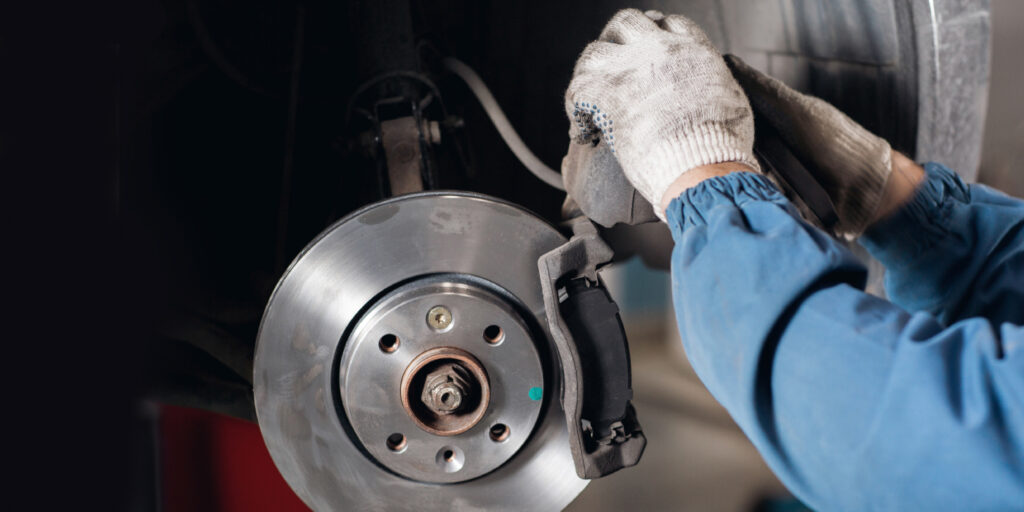Not long ago, I had the opportunity to interview Hal Janke. He is recognized by the top business brokers in America as an auto industry expert, he has owned and operated auto repair businesses, he has spoken at many conventions, and in selling over two hundred shops; he has sold more auto repair facilities than any other broker in the country.
During the interview we were discussing the things that shop owners can do to get top dollar for their shops, and towards the end of the interview we started talking about how shop owners should go about establishing the value of their businesses. As you can imagine, Hal said that there are a number of things you need to consider.
Although your location, the tenure of your staff, and your day-to-day responsibilities as the owner will all have an impact on the value of your business, he said nothing will have a greater impact than the earnings history of your shop. According to Hal, in today’s economy most auto repair shops will sell at a multiple of 1-3 times annual earnings. The shops that sell at the higher end of the scale (2.5 – 3) typically have a stable crew with good tenure, they have a strong and active customer base, they are well equipped, they are located in growth areas that have the right demographics, they have a good reputation, and of course, they show strong earnings.
The bottom line is this: Most shop owners think that the values of their businesses will be primarily based on their sales, their inventory, their equipment, and the number of customers they have in their customer database. According to Hal, that’s far from the truth. It all comes down to one thing: Your history of reported earnings.
This article was contributed by Elite Worldwide President Bob Cooper. For additional tips on sales, marketing or shop management, visit the Elite website at www.EliteWorldwideStore.com.













